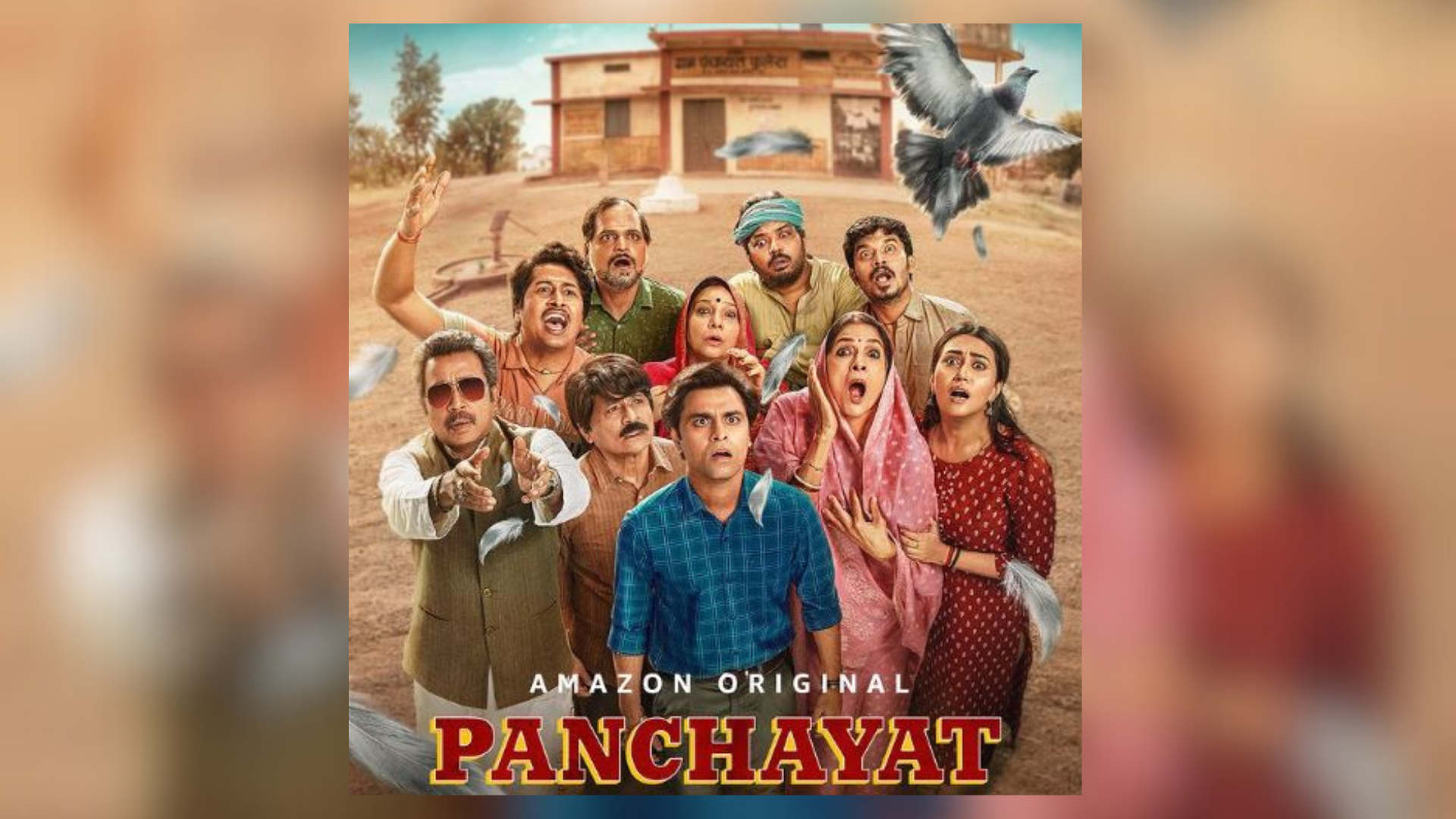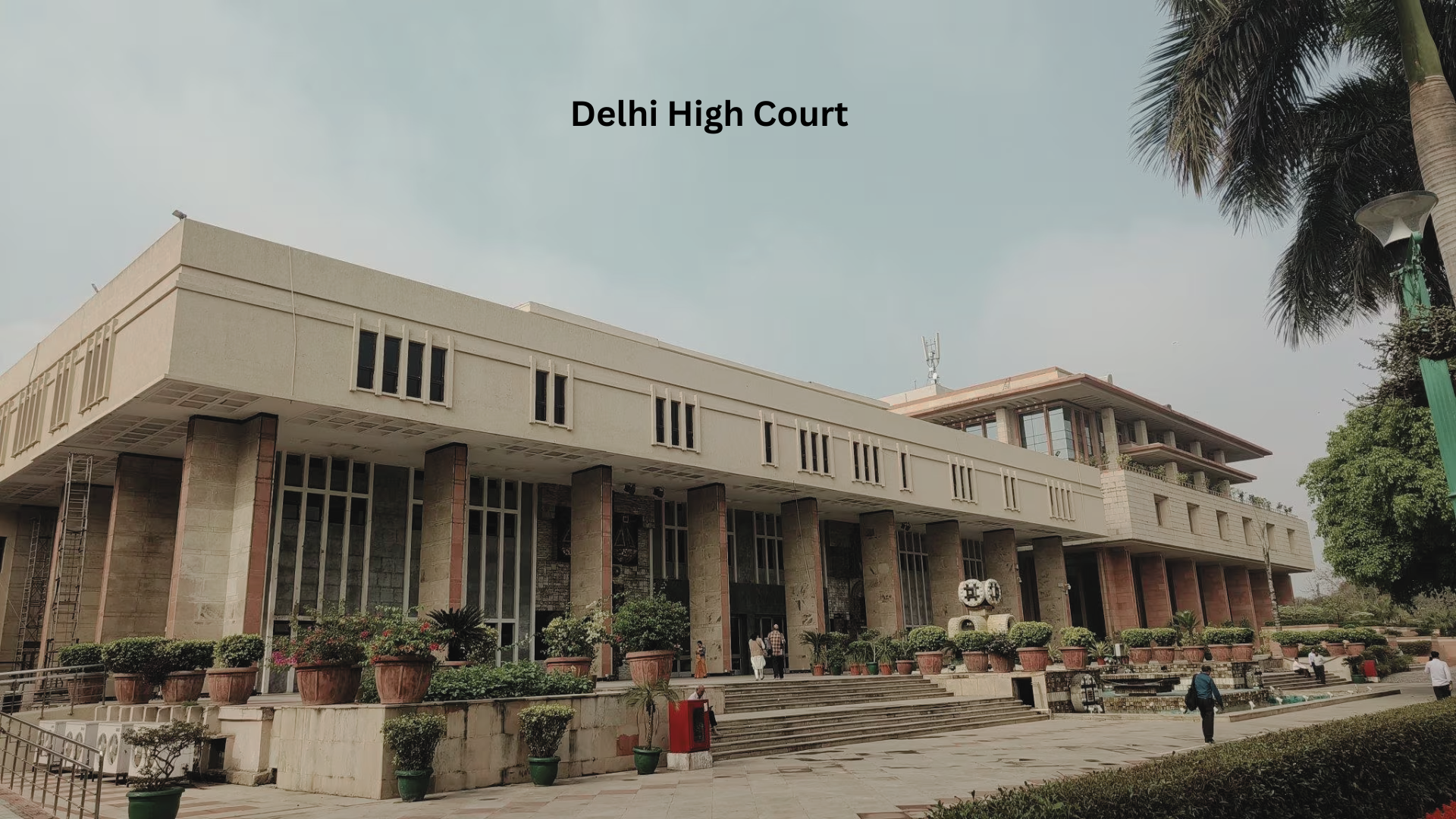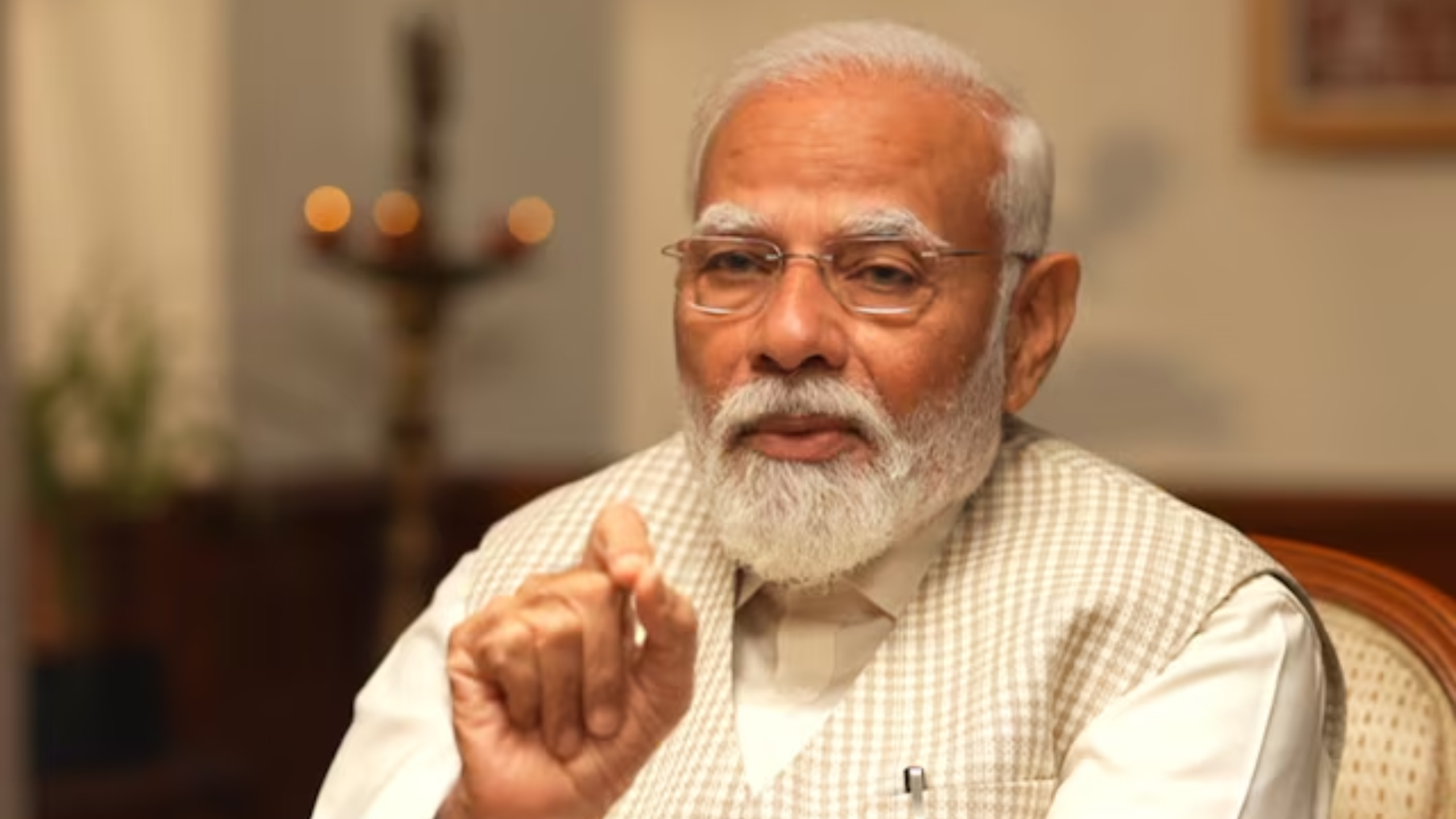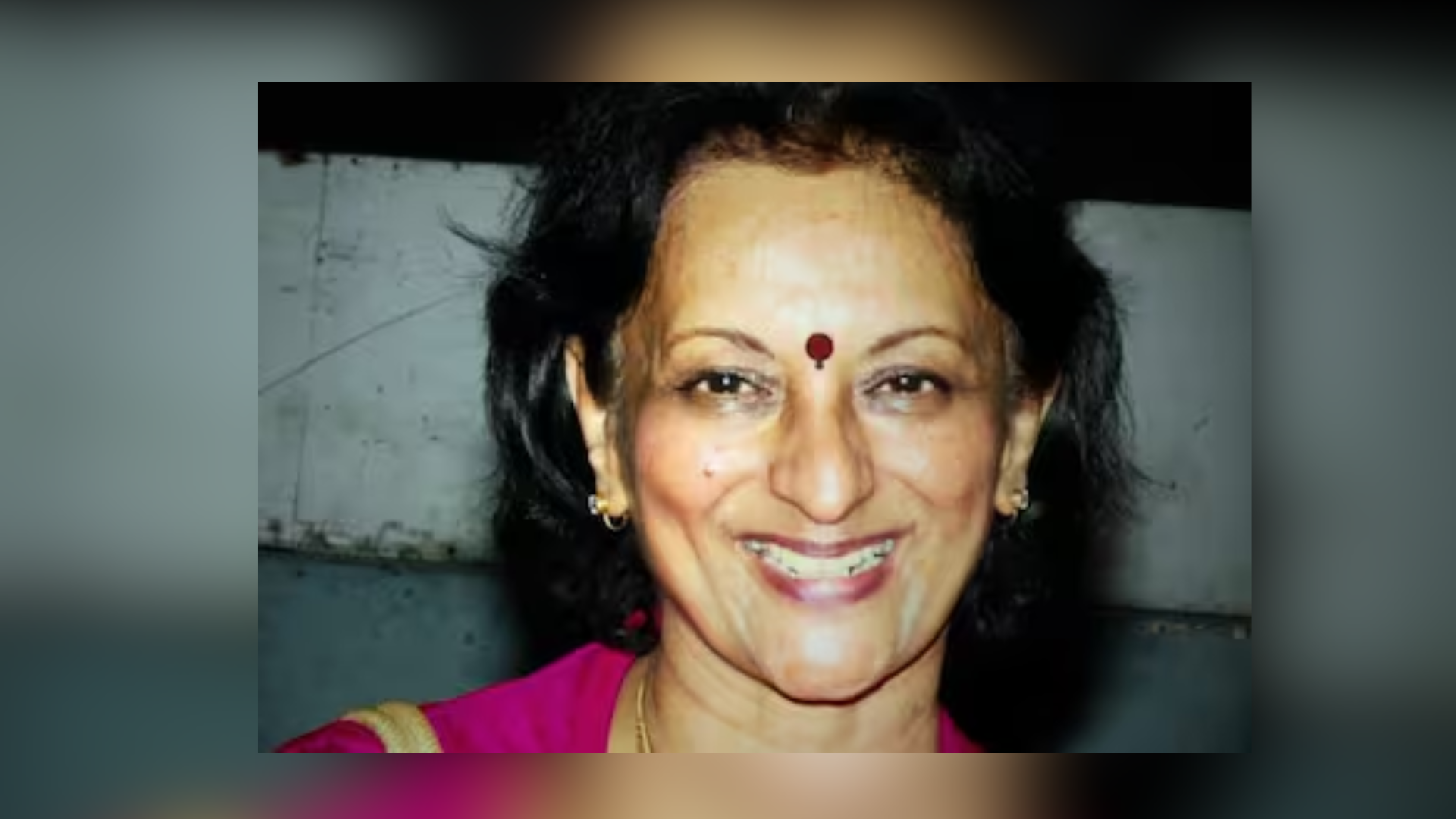


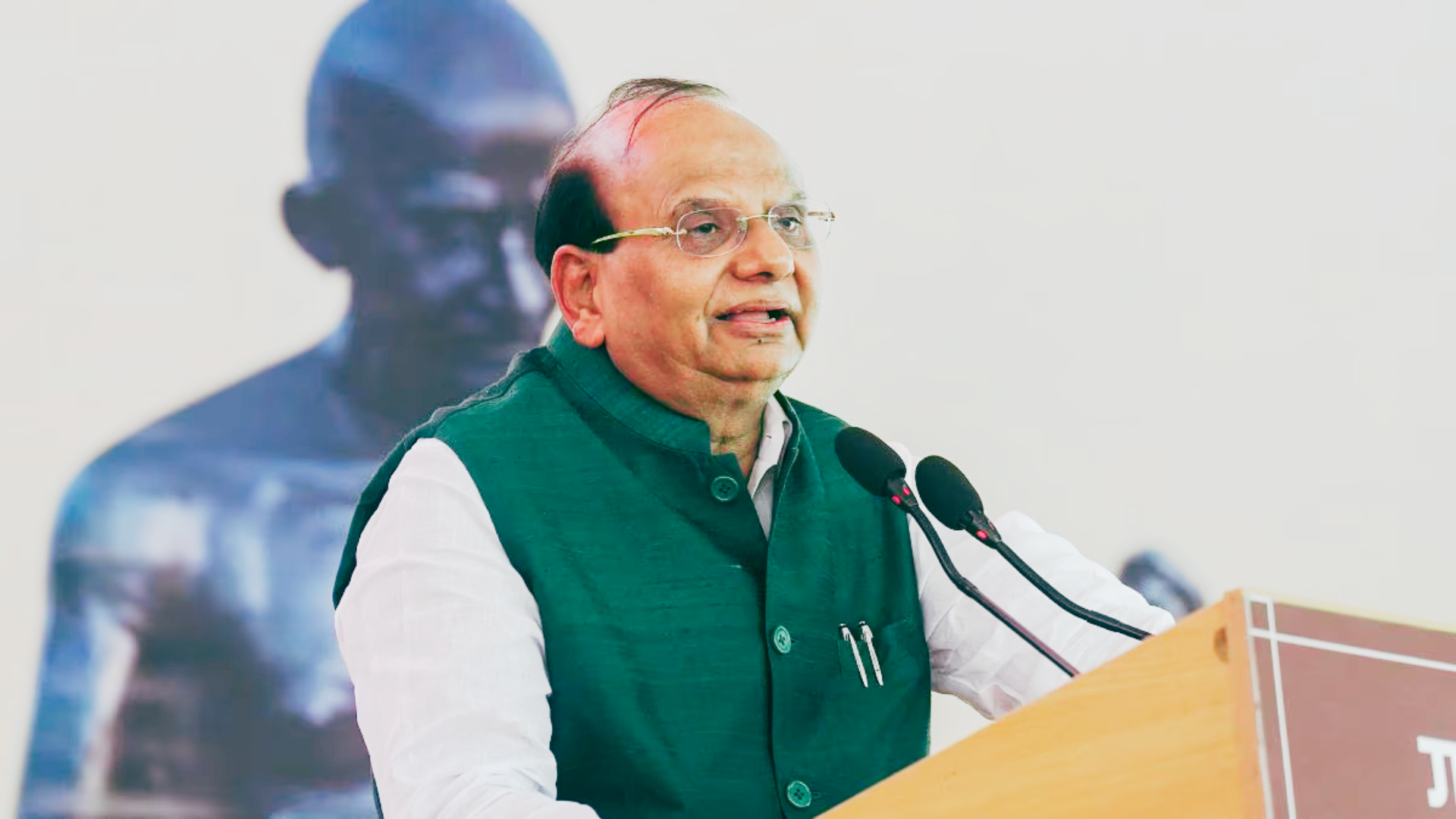
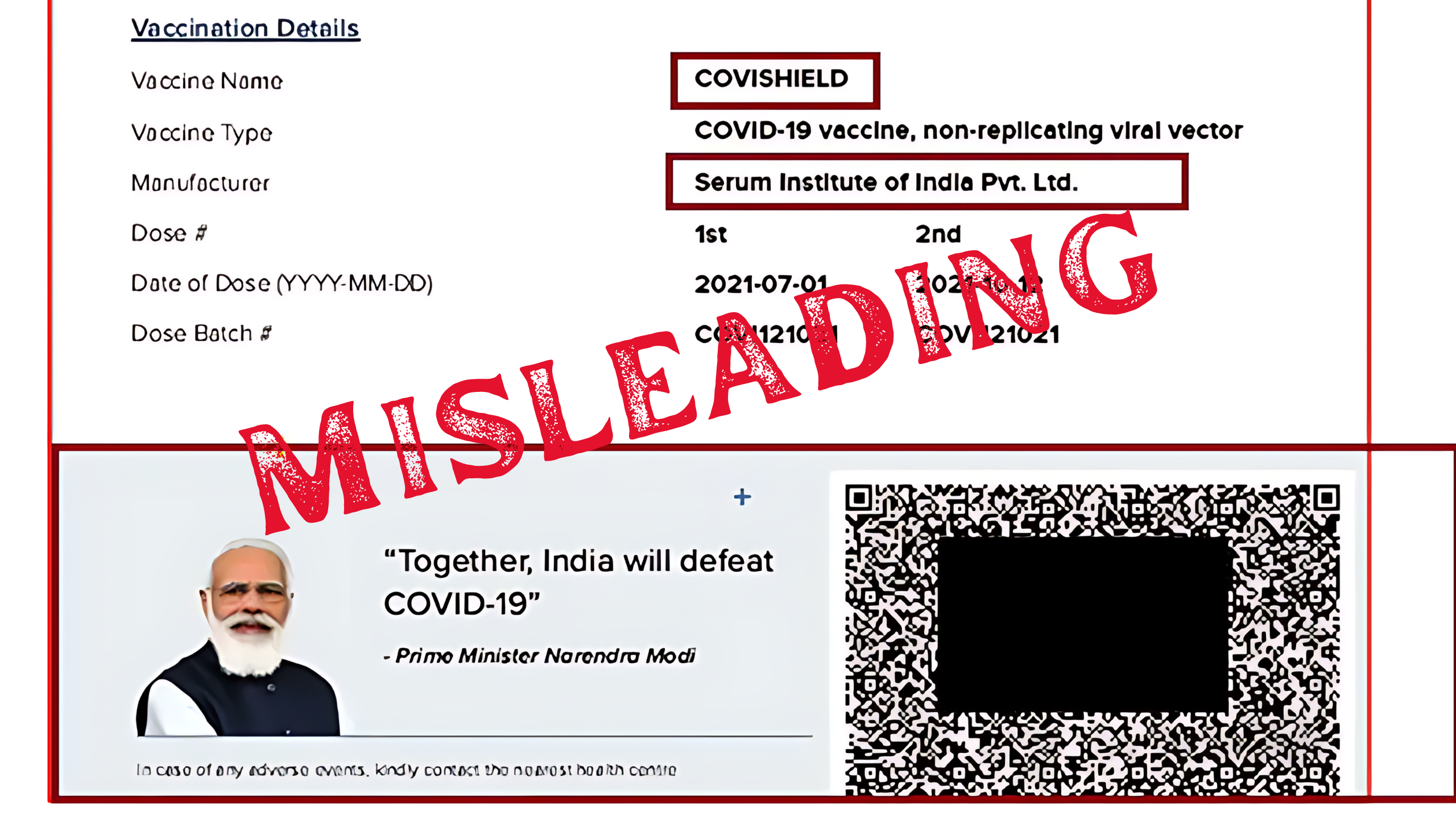
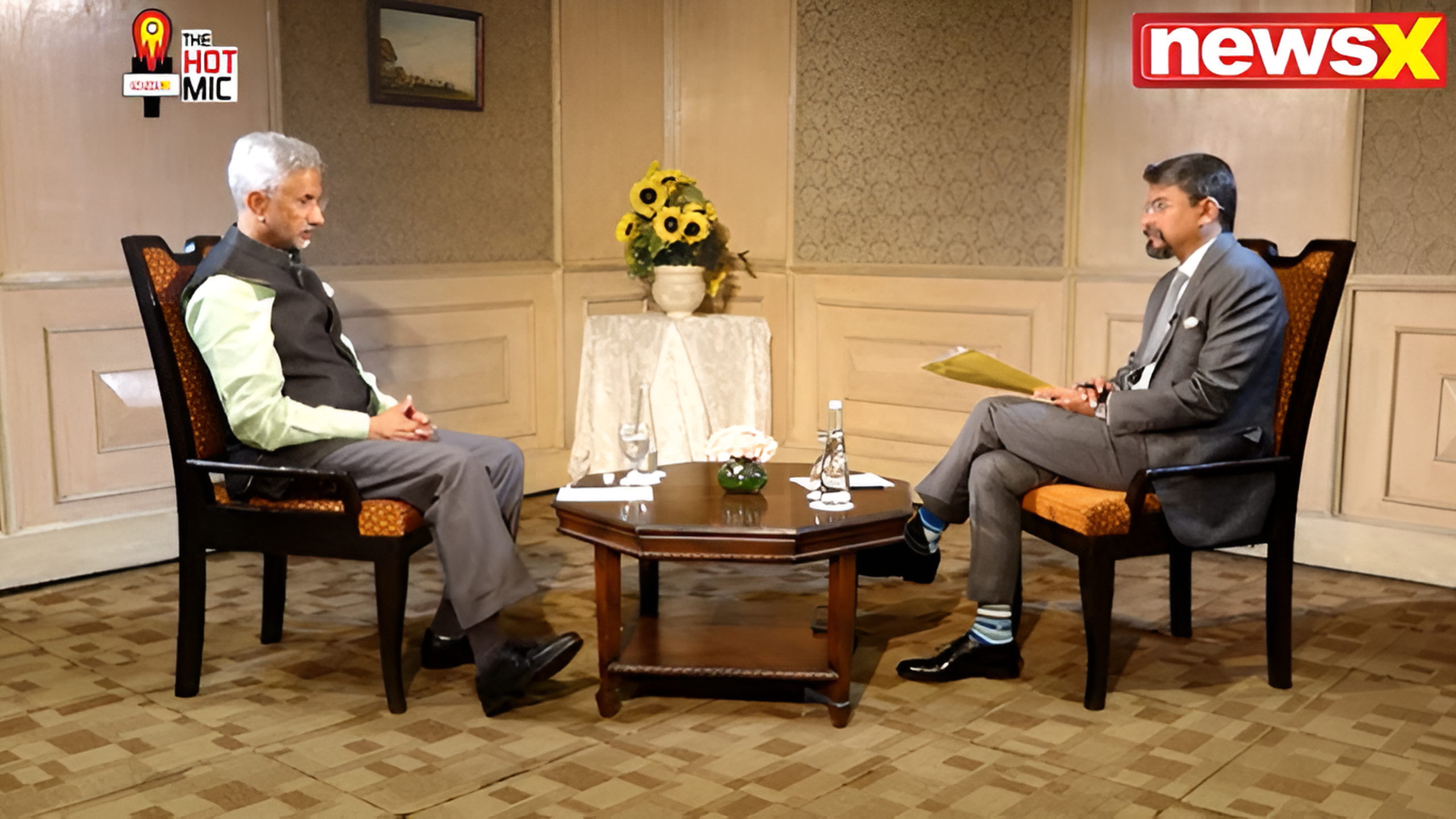
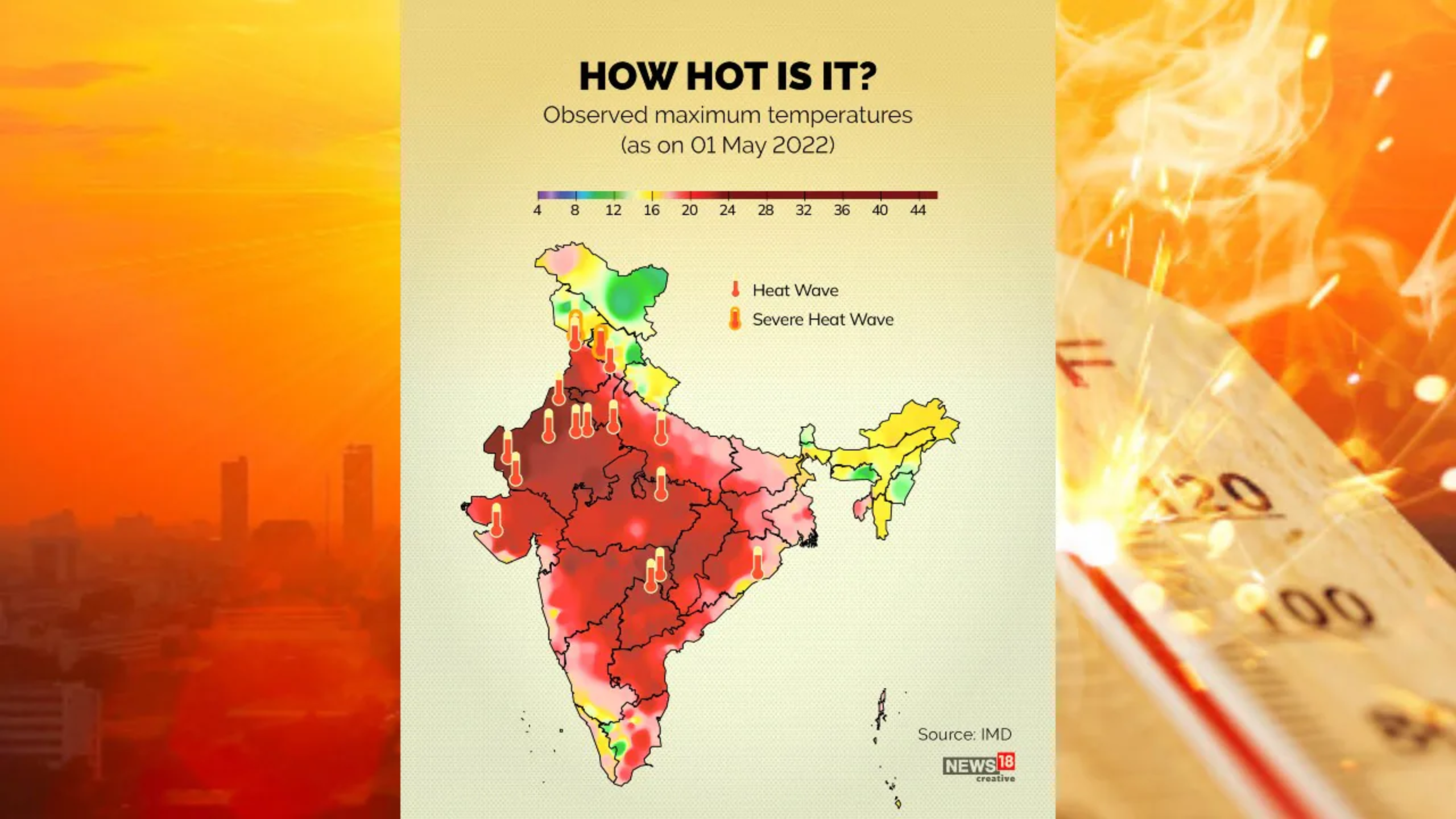
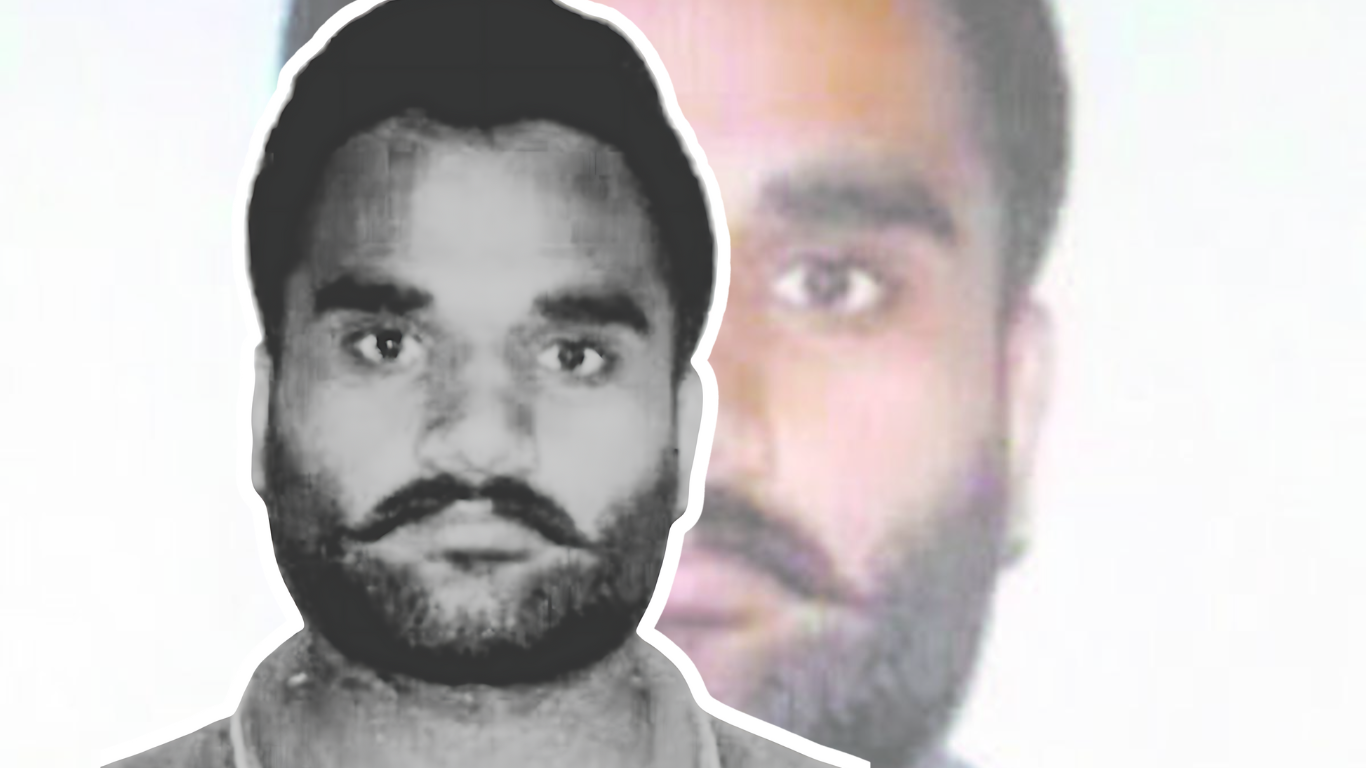
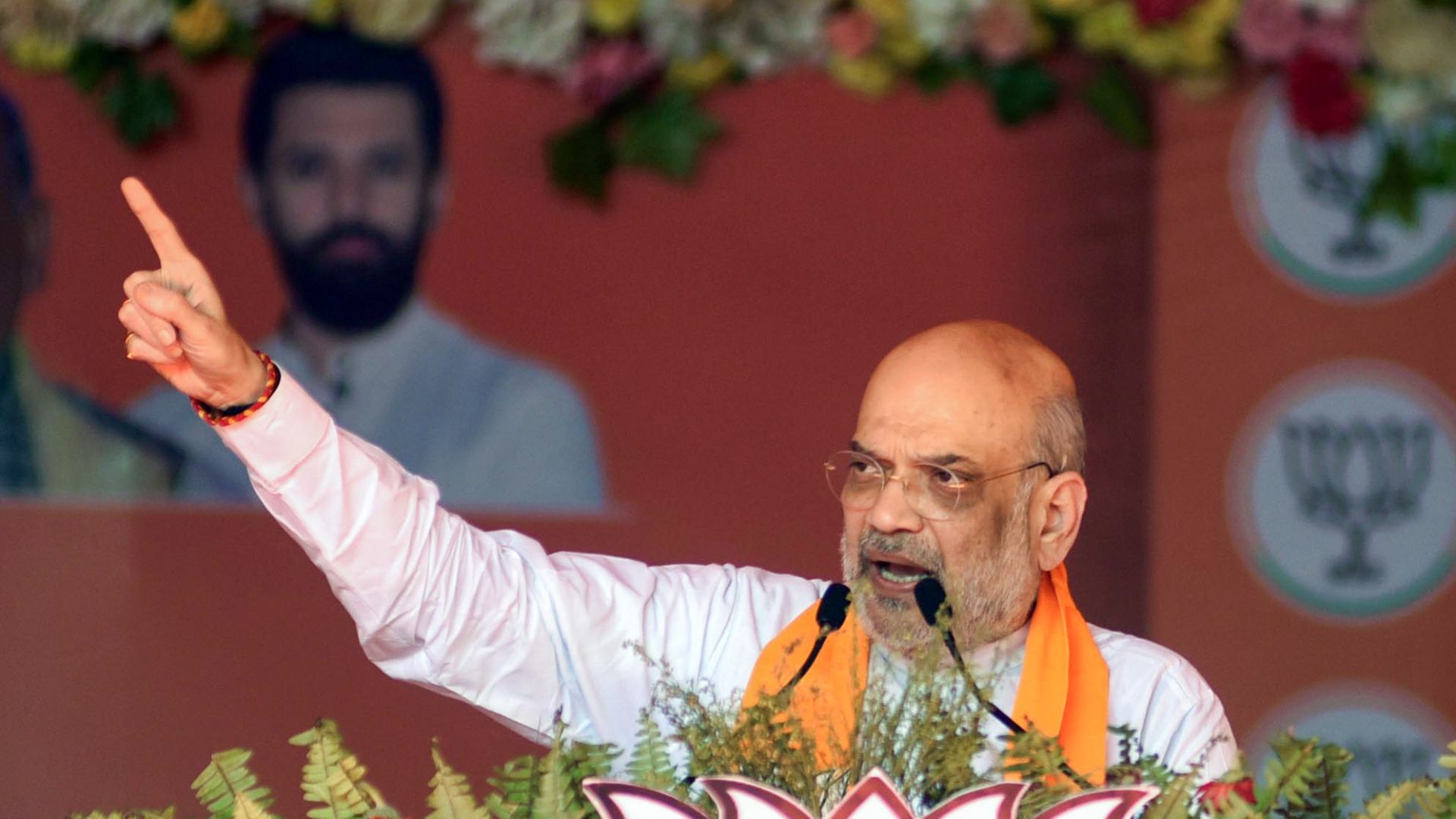
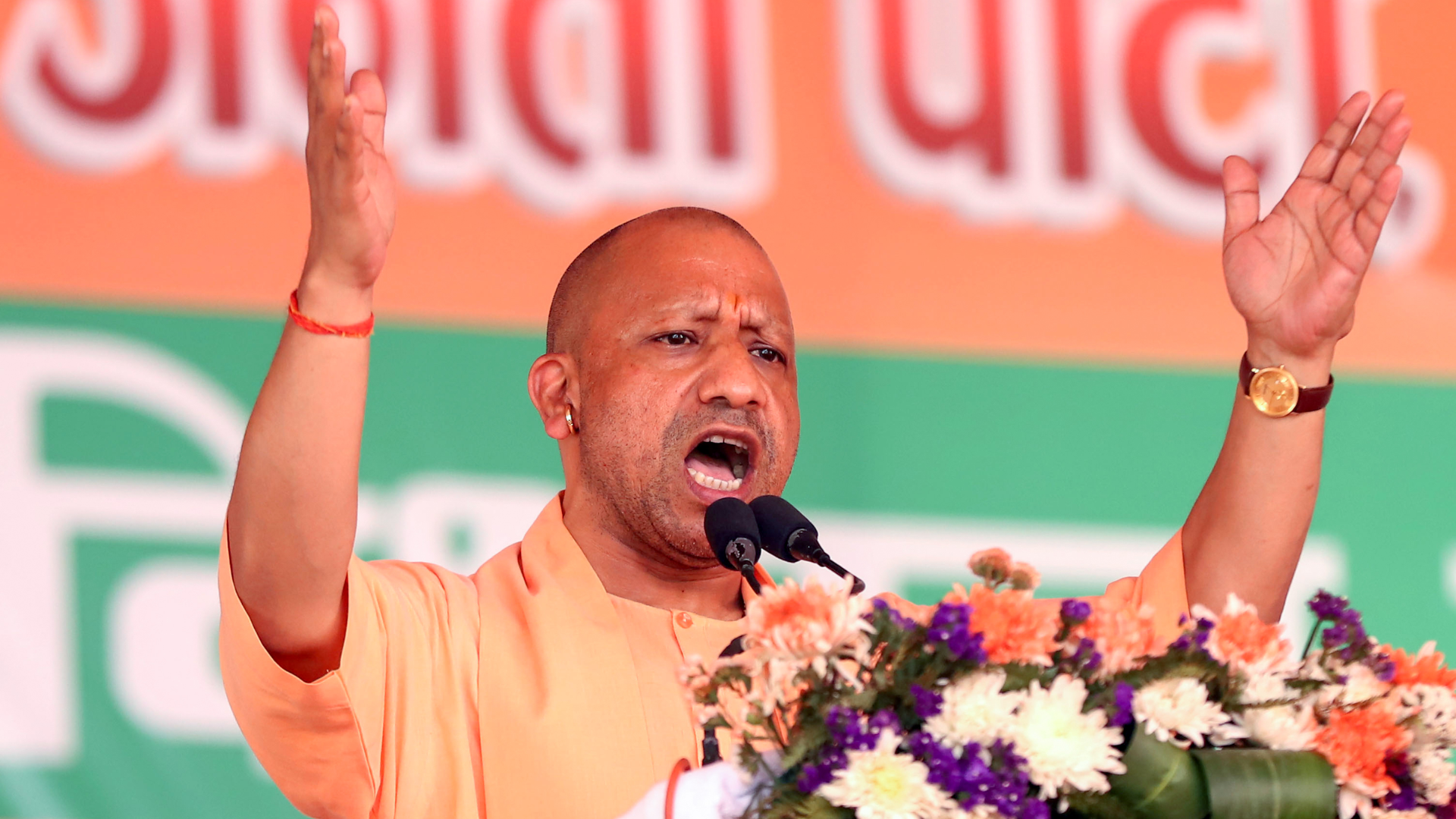

The Central Government informed the Supreme Court on Monday that the right to religious freedom does not encompass the basic right to convert others to a specific faith.
It is “cognizant of the gravity and the seriousness” of the issue, said the Centre in its affidavit filed on a PIL claiming that fraudulent and deceitful religious conversion is rampant across the country. Such issue of conversion shall be “taken up in all seriousness by the Union of India and appropriate steps shall be taken as the Central government is cognizant of the menace”, the Centre said in its affidavit.
“The right to freedom of religion certainly does not include the right to convert an individual through fraud, deception, coercion, allurement or other such means,” it said.
The federal government also stated that nine states had implemented legislation to limit this practise throughout the years. Odisha, Madhya Pradesh, Gujarat, Chhattisgarh, Jharkhand, Uttarakhand, Uttar Pradesh, Karnataka, and Haryana are among the states that have conversion laws in place, according to the affidavit.
The affidavit stated that “such enactments are necessary for protecting cherished rights of vulnerable sections of the society including women and economically and socially backward classes.”
The right to freedom of religion, and more importantly, the right to the consciousness of all citizens of the country is an extremely cherished and valuable right which ought to be protected by the executive and the legislature, it said.
As the matter came up for hearing, a bench headed by Justice MR Shah said the issue of forced religious conversion is “very serious” and asked the Centre to file a detailed affidavit to make its stand clear.
It asked the Centre to file an affidavit with instructions from the State governments.
The bench has now posted the matter for hearing on December 5.
Earlier, the top court had remarked that forced religious conversion is a “very serious issue” and may affect the “security of the country” along with the freedom of conscience of citizens as far as religion is concerned.
It had said, “It is a very dangerous thing. Everyone has freedom of religion. What is this forceful conversion?”
The Supreme Court was hearing a petition brought by counsel Ashwini Kumar Upadhyay, who claimed that false and deceptive religious conversion is widespread throughout the country and that the Central Government has failed to control it.
The petition requested that the Law Commission of India draught a report and a Bill to combat “deceitful religious conversion.”
It further asked the Court to declare that false religious conversion and conversion via coercion, threats, and gifts and monetary incentives violate Articles 14, 21, and 25 of the Indian Constitution.
The PIL said, “There is not even one district which is free of religious conversion by hook and cook and the carrot and the stick.”
“If such conversions were not checked, Hindus would soon become a minority in India. Thus, the Centre was obligated to enact a country-wide law for the same,” it added.
Earlier, the apex court had dismissed a similar petition filed by Upadhyay.


